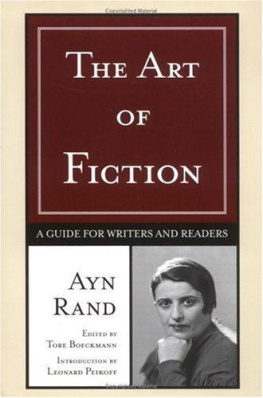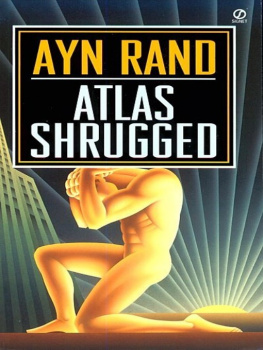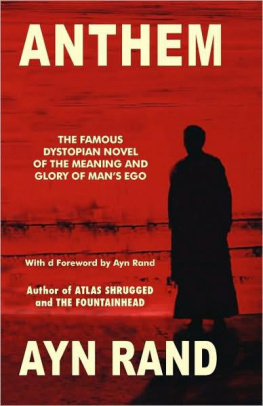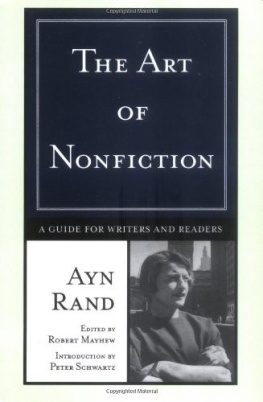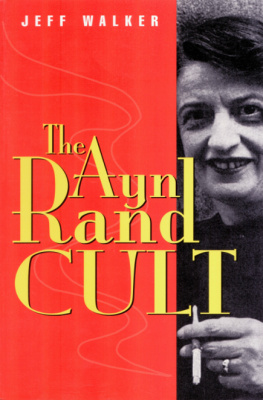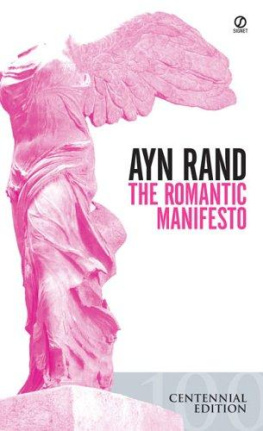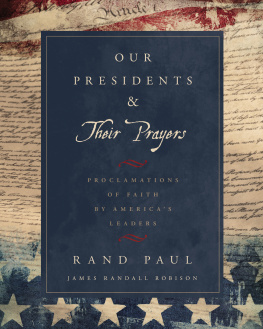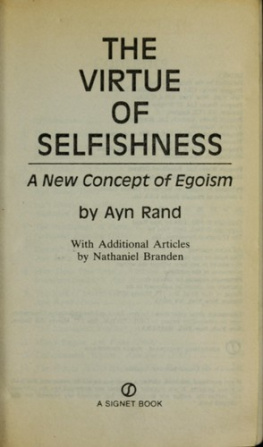This edition is published by Papamoa Press www.pp-publishing.com
To join our mailing list for new titles or for issues with our books papamoapress@gmail.com
Or on Facebook
Text originally published in 1962 under the same title.
Papamoa Press 2018, all rights reserved. No part of this publication may be reproduced, stored in a retrieval system or transmitted by any means, electrical, mechanical or otherwise without the written permission of the copyright holder.
Publishers Note
Although in most cases we have retained the Authors original spelling and grammar to authentically reproduce the work of the Author and the original intent of such material, some additional notes and clarifications have been added for the modern readers benefit.
We have also made every effort to include all maps and illustrations of the original edition the limitations of formatting do not allow of including larger maps, we will upload as many of these maps as possible.
AMERICAS PERSECUTED MINORITY: BIG BUSINESS
BY
AYN RAND
AMERICAS PERSECUTED MINORITY: BIG BUSINESS
LADIES AND GENTLEMEN. I shall ask you to consider the following questions. If a small group of men were always regarded as guilty, in any clash with any other group, regardless of the issues or circumstances involved, would you call it persecution? If this group were always made to pay for the sins, errors or failures of any other group, would you call that persecution? If this group had to live under a silent reign of terror, under special laws, from which all other people were immune, laws which the accused could not grasp or define in advance and which the accuser could interpret in any way he pleasedwould you call that persecution? If this group were penalized, not for its faults, but for its virtues, not for its incompetence, but for its ability, not for its failures, but for its achievements, and the greater the achievement, the greater the penaltywould you call that persecution?
If your answer is yesthen ask yourself what sort of monstrous injustice you are condoning, supporting or perpetrating. That group is the American businessmen.
The defense of minority rights is acclaimed today, virtually by everyone, as a moral principle of a high order. But this principle, which forbids discrimination, is applied by most of the liberal intellectuals in a discriminatory manner: it is applied only to racial or religious minorities. It is not applied to that small, exploited, denounced, defenseless minority which consists of businessmen.
Yet every ugly, brutal aspect of injustice toward racial or religious minorities is being practiced toward businessmen. For instance, consider the evil of condemning some men and absolving others, without a hearing, regardless of the facts. Todays liberals consider a businessman guilty in any conflict with a labor union, regardless of the facts or issues involved, and boast that they will not cross a picket line right or wrong. Consider the evil of judging people by a double standard and of denying to some the rights granted to others. Todays liberals recognize the workers (the majoritys) right to their livelihood (their wages), but deny the businessmens (the minoritys) right to their livelihood (their profits). If workers struggle for higher wages, this is hailed as social gains; if businessmen struggle for higher profits, this is damned as selfish greed. If the workers standard of living is low, the liberals blame it on the businessmen; but if the businessmen attempt to improve their economic efficacy, to expand their markets and to enlarge the financial returns of their enterprises, thus making higher wages and lower prices possible, the same liberals denounce it as commercialism. If a non-commercial foundationthat is: a group which did not have to earn its fundssponsors a television show, advocating its particular views, the liberals hail it as enlightenment, education, art and public service; if a businessman sponsors a television show and wants it to reflect his views, the liberals scream, calling it censorship. pressure and dictatorial rule. When three locals of the International Brotherhood of Teamsters deprived New York City of its milk supply for fifteen daysno moral indignation or condemnation was heard from the liberal quarters; but just imagine what would happen if businessmen stopped that milk supply for one hourand how swiftly they would be struck down by that legalized lynching or pogrom known as trust-busting.
Whenever, in any era, culture or society, you encounter the phenomenon of prejudice, injustice, persecution and blind, unreasoning hatred directed at some minority grouplook for the gang that has something to gain from that persecution, look for those who have a vested interest in the destruction of these particular sacrificial victims. Invariably, you will find that the persecuted minority serves as a scapegoat for some movement that does not want the nature of its own goals to be known. Every movement that seeks to enslave a country, every dictatorship or potential dictatorship, needs some minority group as a scapegoat which it can blame for the nations troubles and use as a justification of its own demands for dictatorial powers. In Soviet Russia, the scapegoat was the bourgeoisie; in Nazi Germany, it was the Jewish people; in America, it is the businessmen.
America has not yet reached the stage of a dictatorship. But, paving the way to it, for many decades past, the businessmen have served as the scapegoat for statist movements of all kinds: communist, fascist or welfare. For whose sins and evils did the businessmen take the blame? For the sins and evils of the bureaucrats.
A disastrous intellectual package-deal, put over on us by the theoreticians of statism, is the equation of economic power with political power. You have heard it expressed in such bromides as: A hungry man is not free, or It makes no difference to a worker whether he takes orders from a businessman or from a bureaucrat. Most people accept these equivocationsand yet they know that the poorest laborer in America is freer and more secure than the richest commissar in Soviet Russia. What is the basic, the essential, the crucial principle that differentiates freedom from slavery? It is the principle of voluntary action versus physical coercion or compulsion.
The difference between political power and any other kind of social power, between a government and any private organization, is the fact that a government holds a legal monopoly on the use of physical force. This distinction is so important and so seldom recognized today that I must urge you to keep it in mind. Let me repeat it: a government holds a legal monopoly on the use of physical force.
No individual or private group or private organization has the legal power to initiate the use of physical force against other individuals or groups and to compel them to act against their own voluntary choice. Only a government holds that power. The nature of governmental action is: coercive action. The nature of political power is: the power to force obedience under threat of physical injurythe threat of property expropriation, imprisonment or death.
Foggy metaphors, sloppy images, unfocused poetry, and equivocationssuch as A hungry man is not freedo not alter the fact that only political power is the power of physical coercion and that freedom, in a political context, has only one meaning: the absence of physical coercion.





